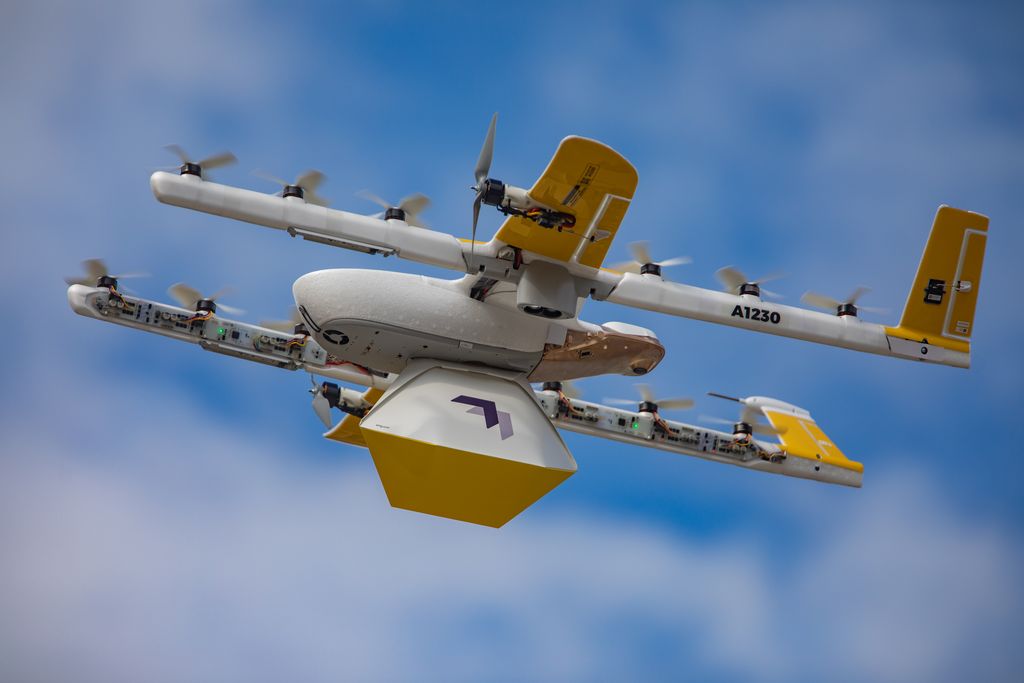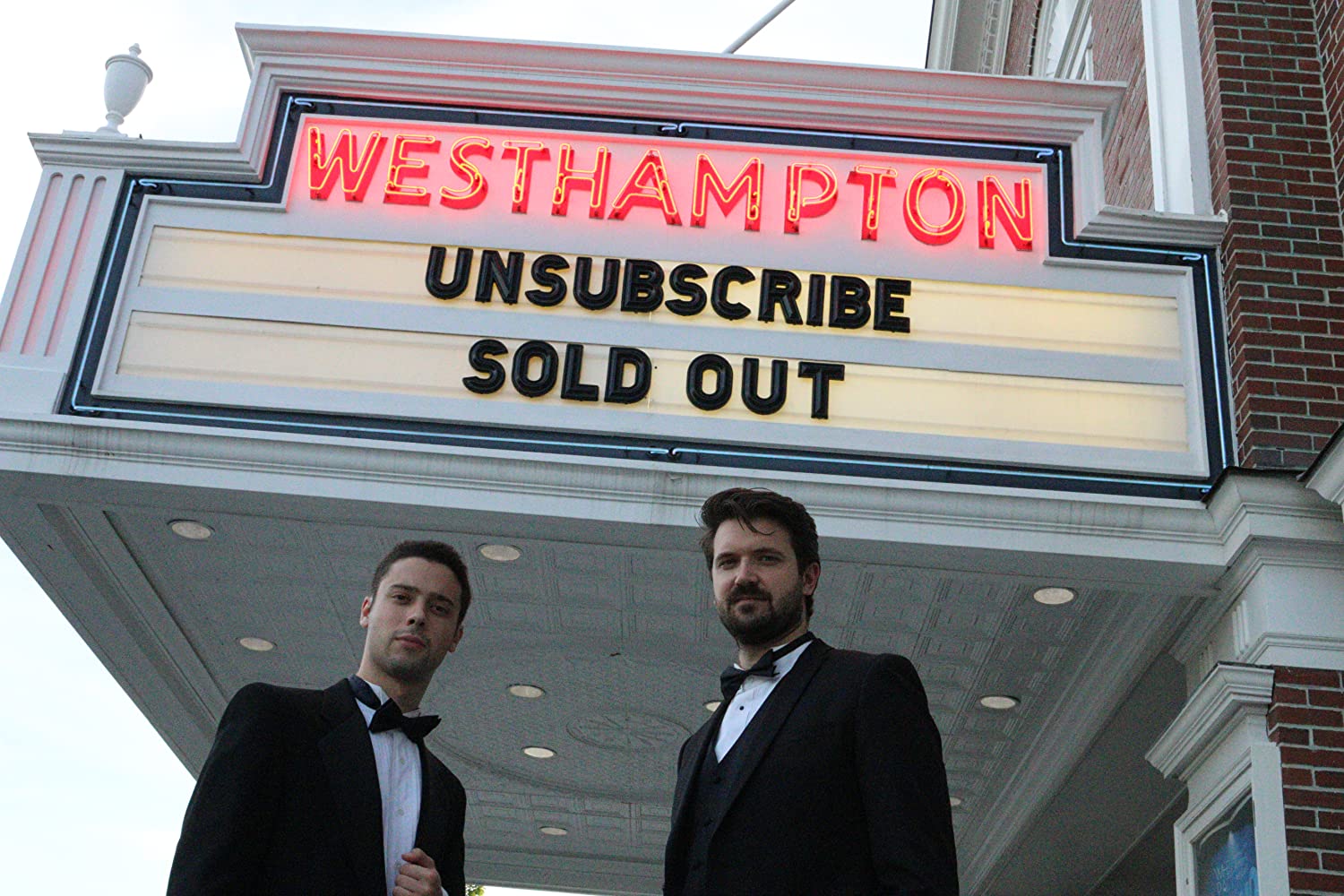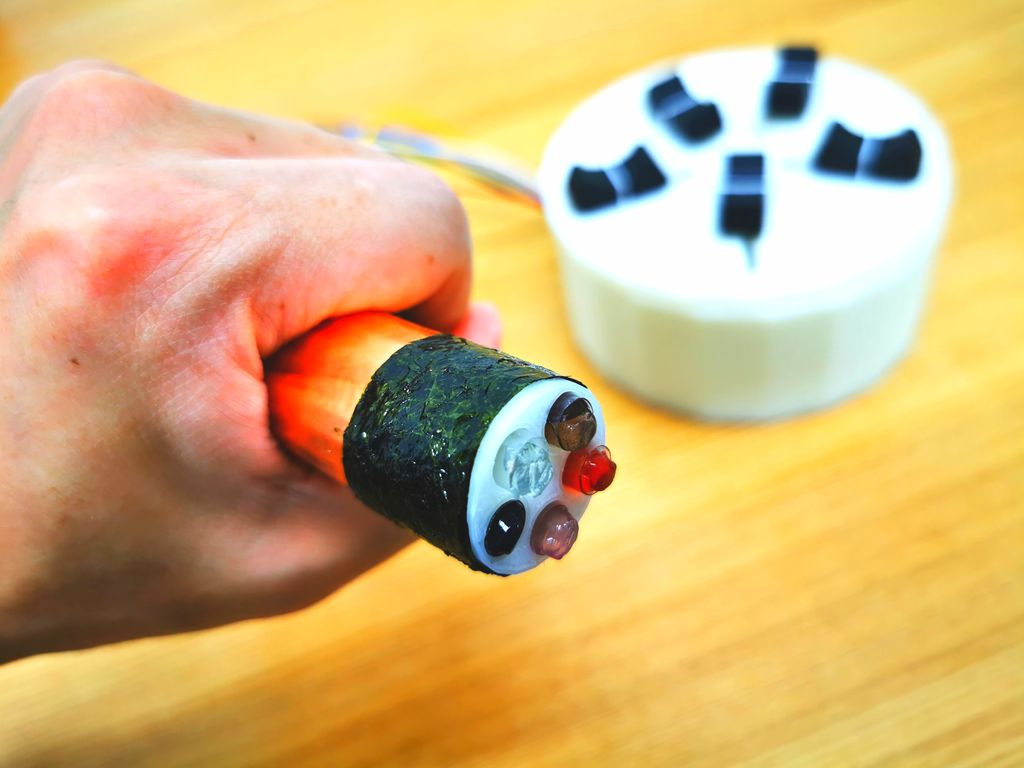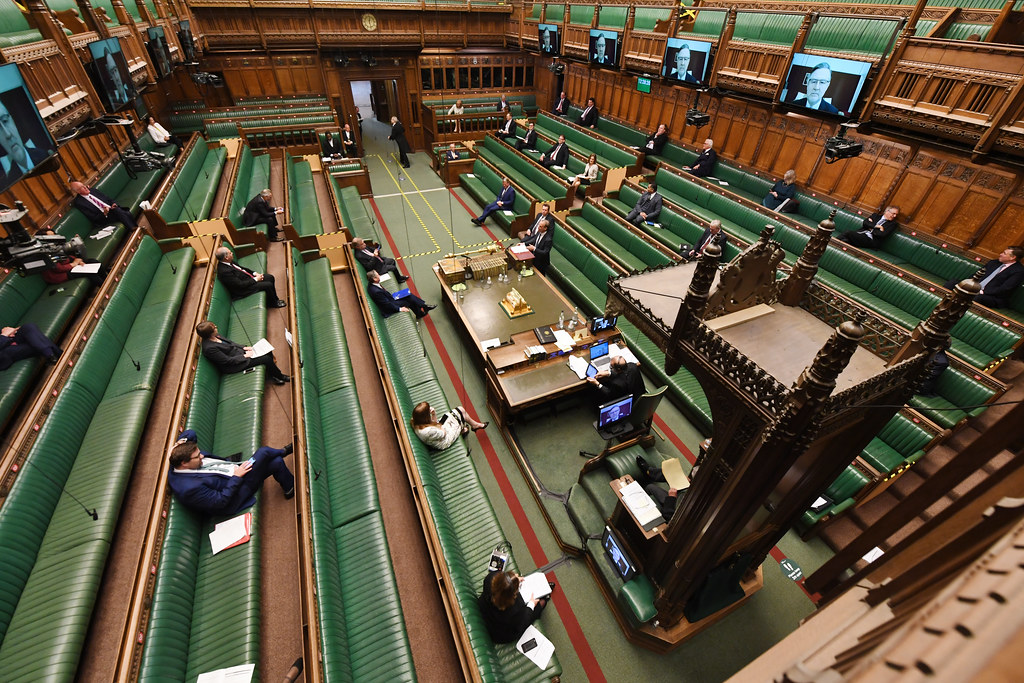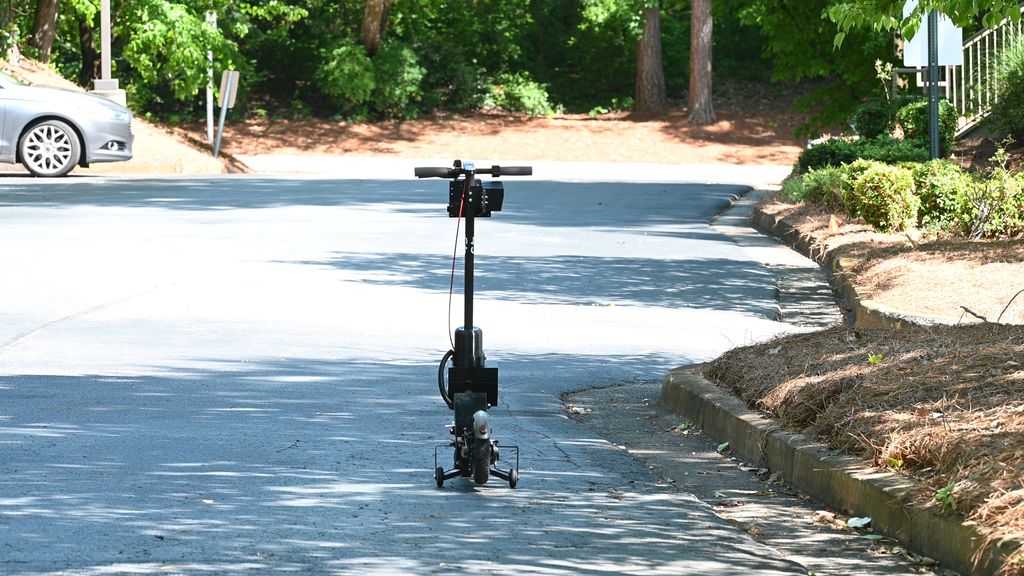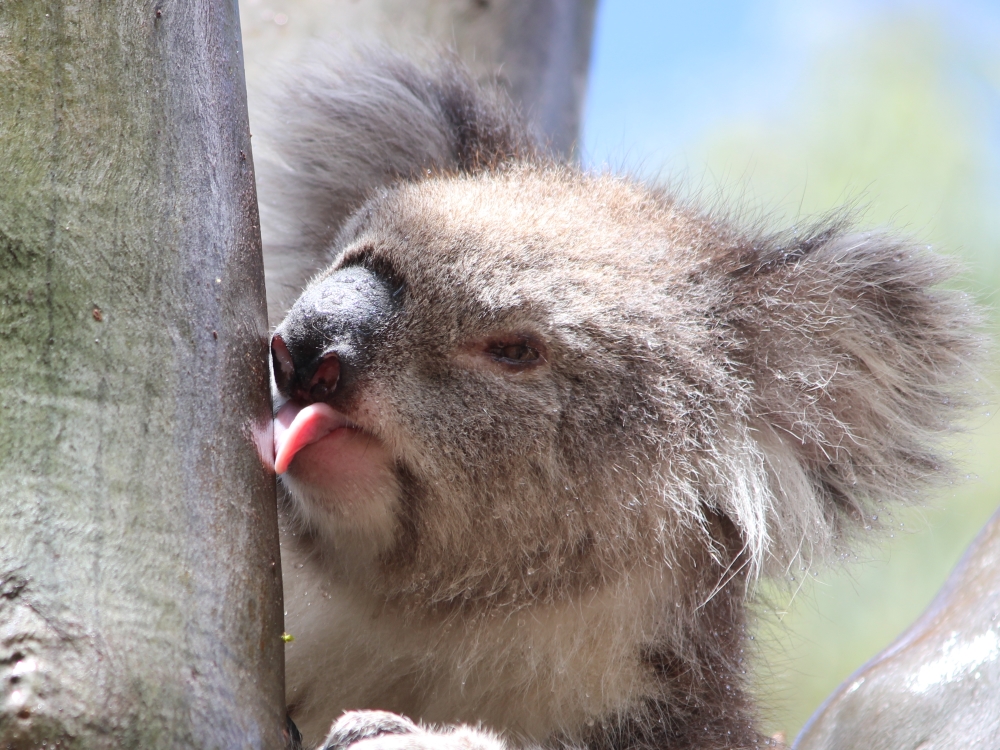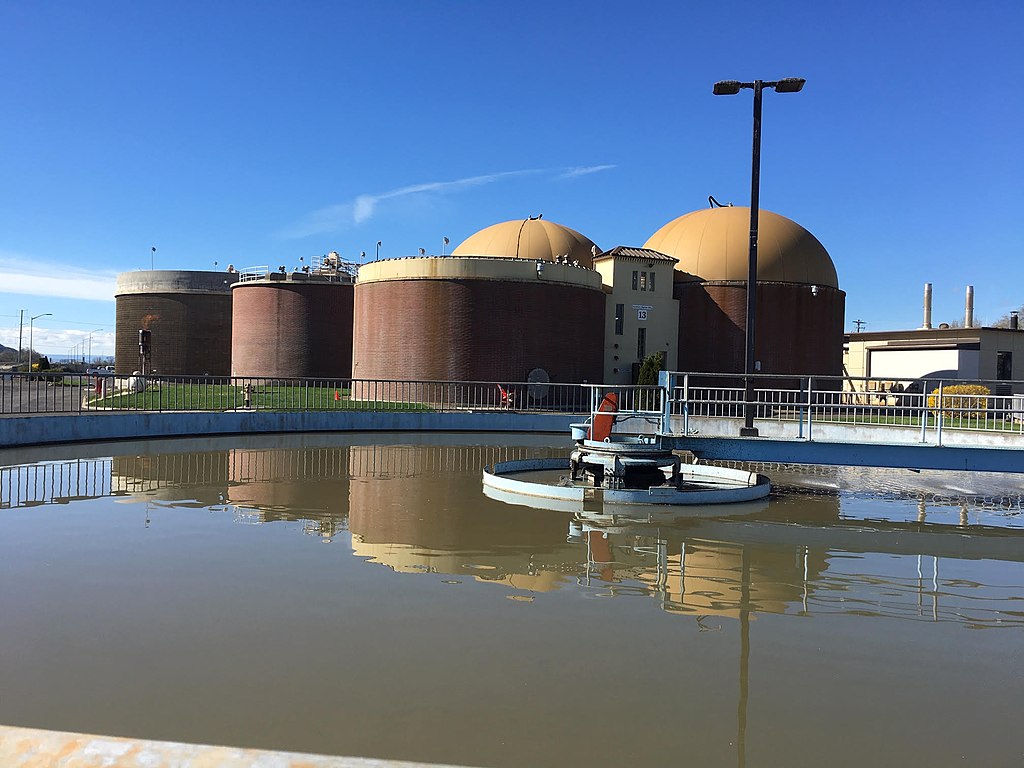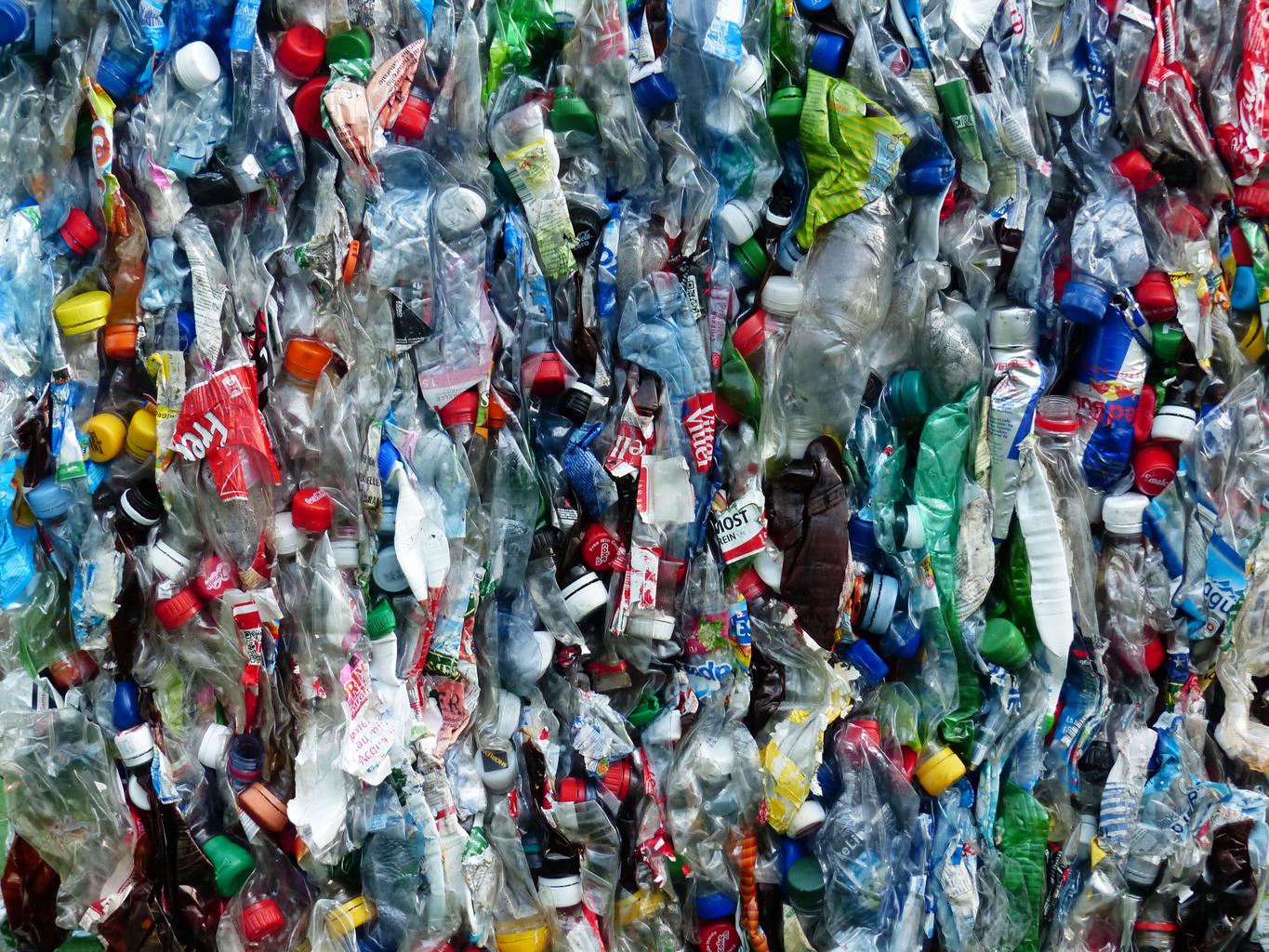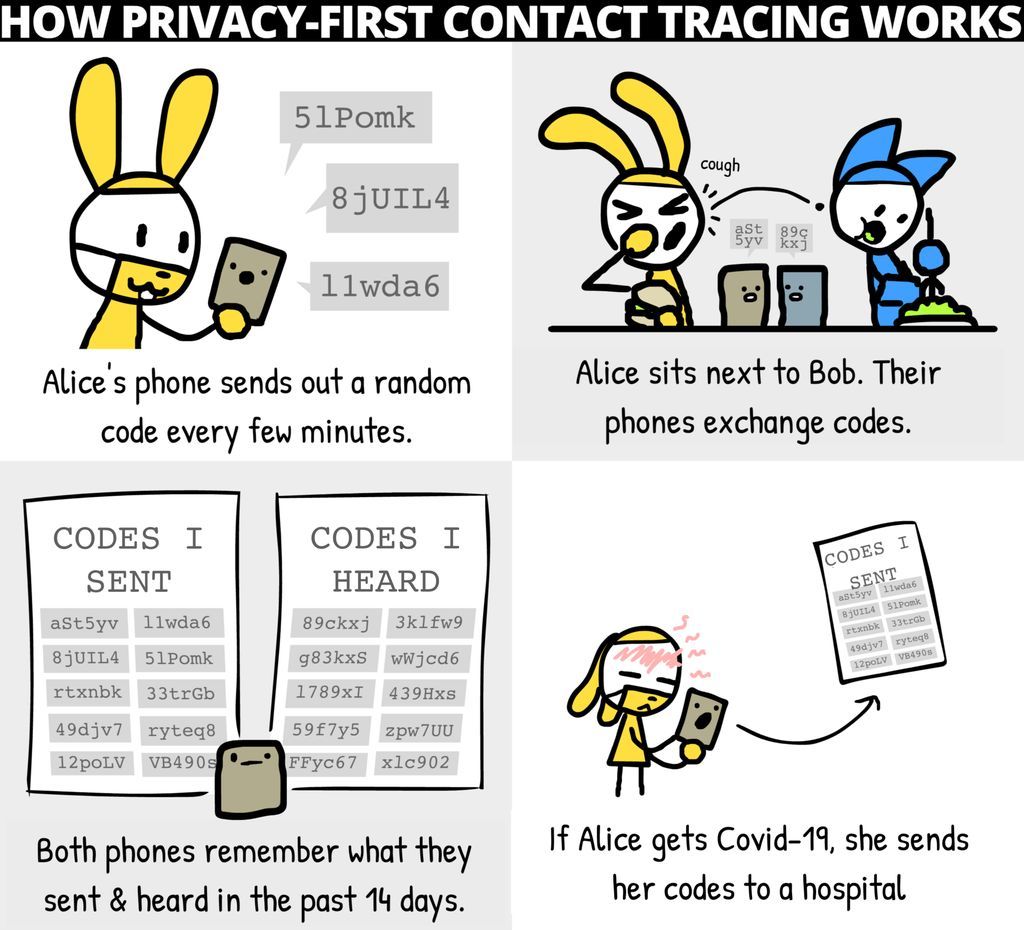Students in Christiansburg, Virginia have an unusual option for getting books this summer - having them delivered by drone. The Montgomery County School District is teaming up with a company called Wing to deliver summer reading by drone.
Published in “Technology”
Among the more unusual news stories recently, America's "#1 movie" has only been seen by two people, a weather reporter turns his back yard into a weather map, and a fisherman in Galicia, Spain turns up a 700-year-old statue.
Scientists at Meiji University in Japan have come up with something they call a "taste display". The device can create the taste of any chosen flavor when it is pressed against the tongue.
In today's news roundup, SpaceX and NASA launch the first human spaceflight from the US in almost 10 years, a man comes down after spending nearly a year on a tower, and a very unusual baby name gets changed - a little.
A team of scientists believe they have captured the first picture of a planet being created. The new planet is far outside our solar system and is thought to be a gas giant like Jupiter or Saturn.
While much of the world has been on lockdown, lawmakers around the world have struggled to decide whether to continue to meet or suspend their sessions. Lawmaking groups in several countries are now trying to meet virtually.
Among the more unusual news stories recently…Peachtree Corners, Georgia tries out remote-controlled scooters, a diver saves a whale and almost catches a whale of a fine, and a woman is given a ticket that wins her a $1.1 million Picasso painting.
In recent news from the world of animals, scientists learn that koalas get water by licking rain off of trees, a very rare brown bear is caught on camera in Spain, and an aquarium in Japan asks people to FaceTime its eels.
Worldwide, many efforts are being made to test people for the new coronavirus. But scientists are also looking at an unusual way of testing for the virus - studying water that's been flushed down toilets.
Recently, researchers have reported on two different ways to break down different kinds of plastic. The new advances could lead to easier, high-quality recycling, and help deal with toxic plastic pollution.
Governments and businesses worldwide are creating smartphone apps to help track the spread of the new coronavirus. The apps could be an important part of easing up on lockdowns, but they are also causing some worries.

